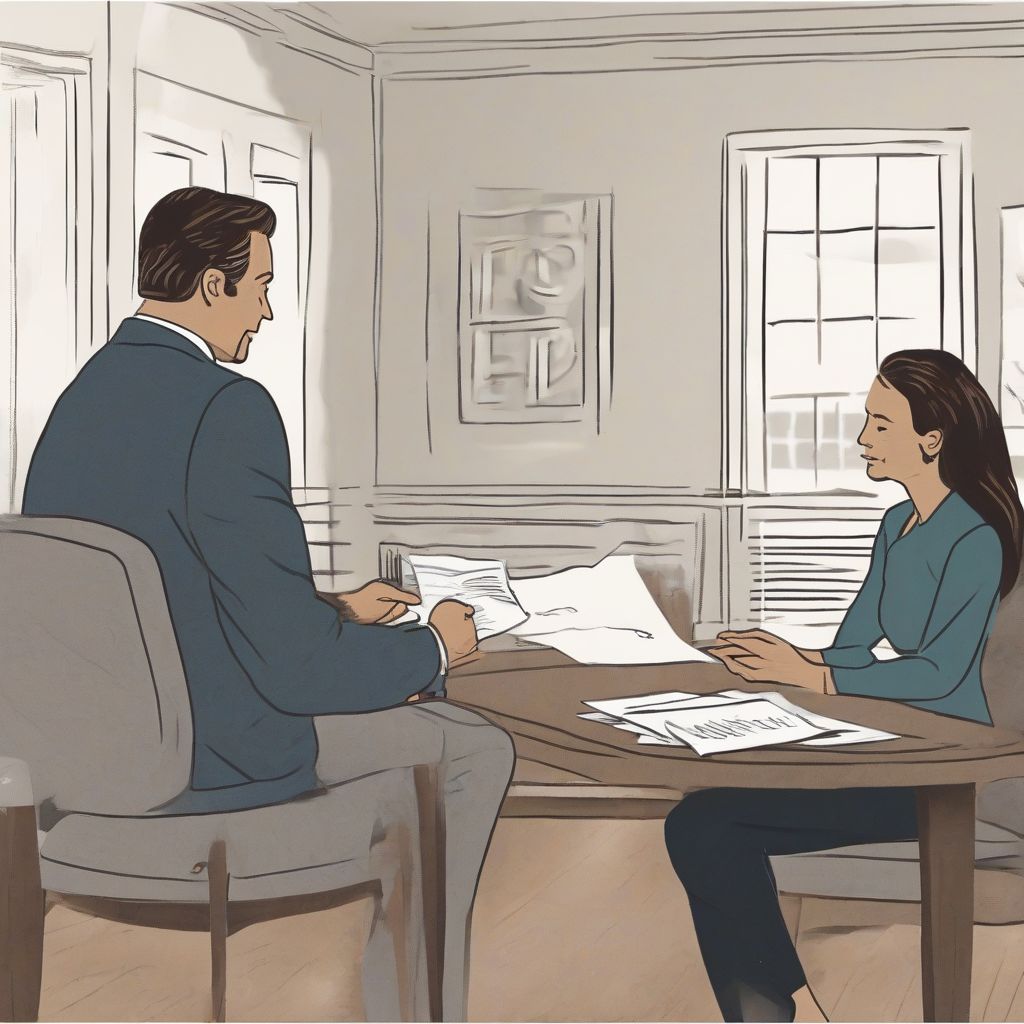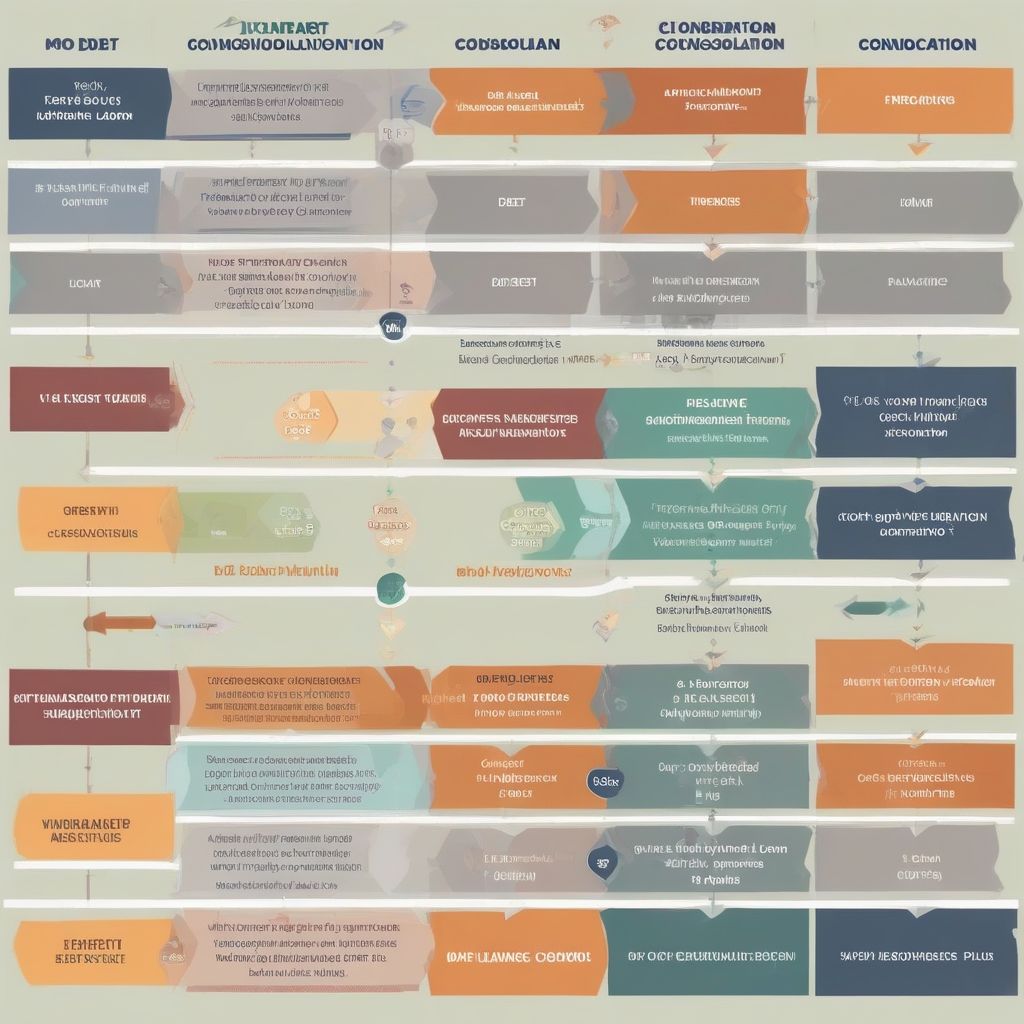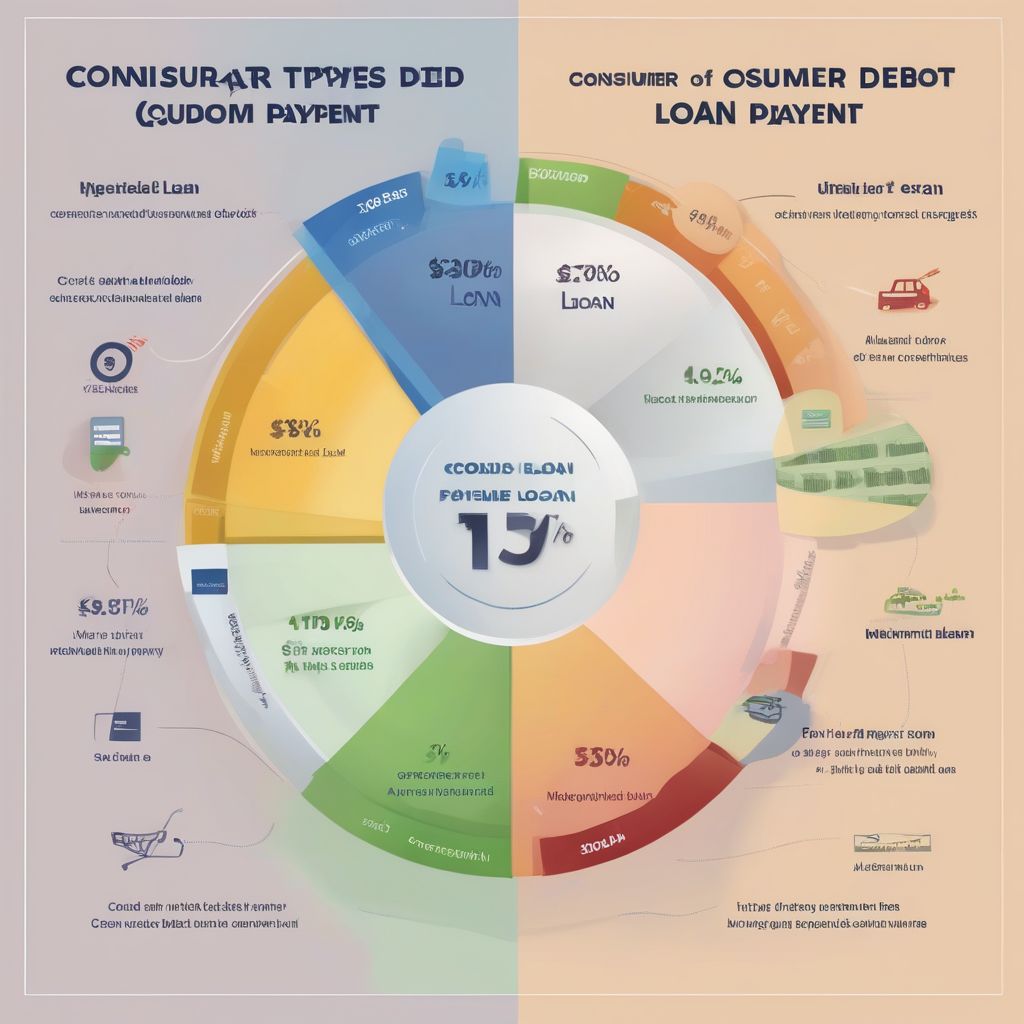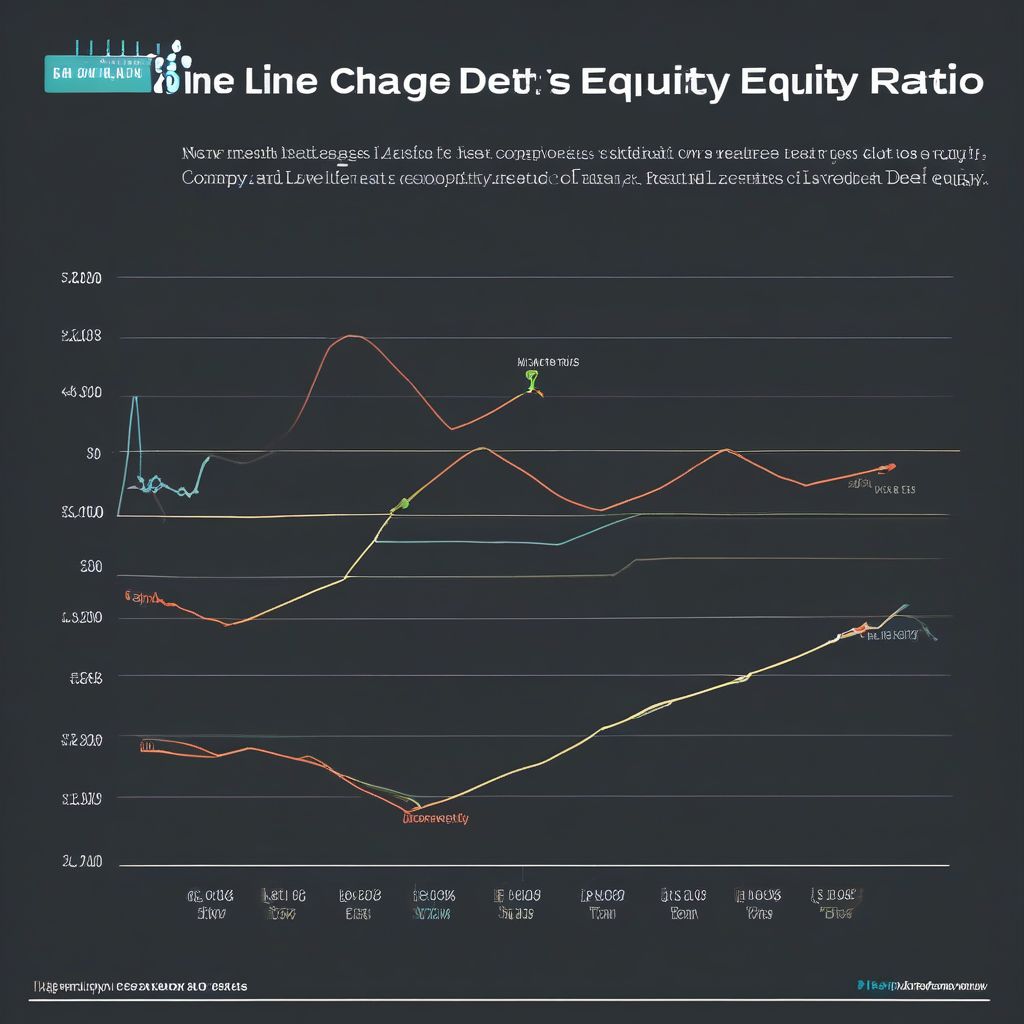Are you struggling to manage multiple credit card payments with high interest rates? You’re not alone. Credit card debt is a common financial challenge, but the good news is that there are effective ways to consolidate and simplify your repayment process. Credit card consolidation involves combining multiple credit card balances into one new loan or credit account, ideally with a lower interest rate. This strategic approach can save you money on interest, streamline your monthly payments, and help you get out of debt faster.
Understanding Credit Card Debt and Consolidation
Before we dive into the “how-to,” it’s crucial to understand why credit card debt can be so burdensome and how consolidation can provide relief.
Credit cards offer convenience, but they often come with high-interest rates, especially if you have a less-than-perfect credit score. Juggling multiple cards with different interest rates and minimum payments can quickly become overwhelming, leading to a cycle of debt that’s difficult to escape.
This is where credit card consolidation comes in. By consolidating your debts, you essentially take out a new loan to pay off your existing credit card balances. The goal is to secure a lower interest rate on your consolidated loan, which translates into significant savings over time and a faster path to becoming debt-free.
Common Questions About Credit Card Debt Consolidation
Here are some of the most frequently asked questions about credit card debt consolidation:
1. How can I consolidate my credit card debt?
There are several effective methods for credit card debt consolidation, each with its pros and cons:
- Balance Transfer Credit Cards: These cards offer a promotional period with 0% APR (Annual Percentage Rate), allowing you to transfer your existing balances and pay them down without accruing interest during the promotional period.
- Personal Loans: You can secure a personal loan from a bank, credit union, or online lender and use the funds to pay off your credit cards. Personal loans typically offer fixed interest rates and structured repayment terms.
- Home Equity Loans or Lines of Credit (HELOCs): Homeowners may tap into their home’s equity to consolidate debt. However, it’s essential to consider the risks involved, as this method uses your home as collateral.
- Debt Management Programs: Non-profit credit counseling agencies can help you negotiate with creditors to lower interest rates and create a manageable repayment plan.
2. What are the benefits of consolidating my credit card debt?
* **Reduced Interest Charges:** A lower interest rate means more of your monthly payment goes toward the principal balance, saving you money over the life of the loan.
* **Simplified Finances:** Instead of managing multiple payments, you'll have just one monthly payment to focus on.
* **Improved Credit Score:** As you consistently make payments on your consolidated loan, your credit utilization ratio improves, which can positively impact your credit score over time.3. What are the potential drawbacks to consider?
* **Fees:** Some consolidation methods, such as balance transfer cards, may come with balance transfer fees.
* **Interest Rate Variations:** The interest rate you qualify for depends on your creditworthiness and the type of consolidation loan you choose.
* **Debt Cycle Risk:** It's crucial to address the spending habits that led to credit card debt in the first place. Otherwise, you may find yourself back in a similar situation.Choosing the Right Consolidation Method for You
Selecting the best credit card consolidation option depends on your individual financial circumstances and goals. Consider these factors:
- Credit Score: Your creditworthiness plays a significant role in the interest rates and loan terms you qualify for.
- Total Debt Amount: The amount of debt you need to consolidate will influence which methods are feasible.
- Repayment Timeline: Determine how long you’re comfortable with a repayment period and choose a method that aligns with your goals.
Tips for Successful Credit Card Debt Consolidation
- Create a Budget: Understanding your income and expenses is essential for making informed financial decisions.
- Explore All Options: Compare interest rates, fees, and terms from multiple lenders or credit card issuers.
- Avoid Closing Old Accounts: While it might be tempting, closing old accounts can negatively impact your credit utilization ratio.
- Address Spending Habits: Create a plan to manage your spending and avoid accumulating new debt.
Conclusion
Credit card debt consolidation can be a powerful tool for regaining control of your finances and achieving your financial goals. By understanding the different methods, carefully evaluating your options, and committing to responsible financial habits, you can pave the way to a brighter and more secure financial future.
This article provides general information about credit card debt consolidation. For personalized financial advice, consult with a qualified financial advisor.




